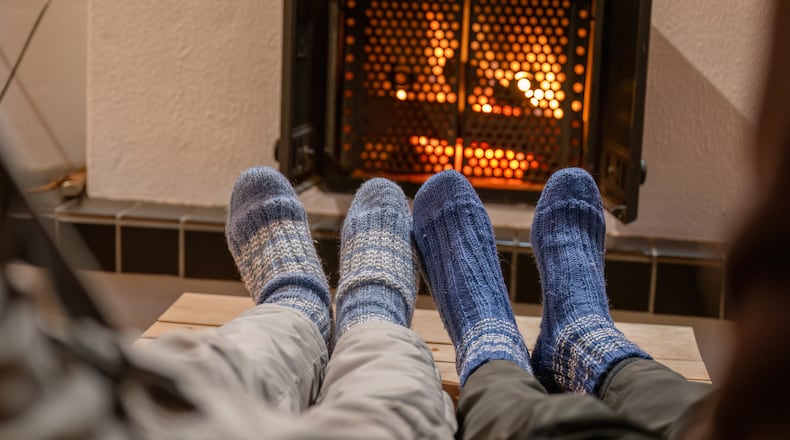Ohio State Fire Marshal Kevin Reardon says proper maintenance of these systems is vital to preventing fires and carbon monoxide poisoning, which can occur with little to no notice and can be deadly.
“Having your home heating system checked out each year by a professional is not just about comfort, it is about safety,” Reardon said in a press statement. “A seasonal tune-up can catch issues before they might otherwise lead to a dangerous and deadly situation, which we unfortunately see each and every year. Conducting the proper maintenance today can make a big difference in protecting yourself, your family and your home tomorrow.”
Credit: Thinkstock
Credit: Thinkstock
Routine maintenance can also prevent costly repairs.
“Regardless of the type of home you live in, a few simple steps can make a big difference in staying safe and warm this winter, as well as the amount that appears on your heating bills,” said Robb Coventry, division of industrial compliance superintendent, in a news statement. “A quick inspection now can prevent major problems later.”
Why heating system inspections matter
- Prevent fire hazards: Faulty furnaces, clogged chimneys and malfunctioning space heaters are common causes of winter house fires. According to the National Fire Protection Association, U.S. fire departments respond to nearly 40,000 home heating equipment fires each year, causing more than 400 deaths, 1,300 injuries and $1.1 billion in property damage.
- Avoid carbon monoxide (CO) poisoning: Cracked heat exchangers or blocked vents can lead to dangerous carbon monoxide buildup. According to the Centers for Disease Control and Prevention, each year, more than 400 Americans die from CO poisoning and 14,000 are hospitalized.
- Improve efficiency: A well-maintained system heats more effectively, saving energy and lowering utility bills.
- Extend equipment life: Regular maintenance can help avoid costly breakdowns and extend the life of your heating system.
Credit: FILE
Credit: FILE
Heating safety tips and recommendations
The State Fire Marshal’s office and Division of Industrial Compliance offers the following safety practices when using any type of heating equipment:
- Keep anything combustible, such as blankets, curtains or furniture, at least three feet away from all heating sources.
- Make sure space heaters are equipped with “tip-over protection” and never leave them running unattended.
- Never use kitchen ovens or ranges to heat your home. In addition, kerosene or torpedo heaters should never be used indoors due to the risk of carbon monoxide poisoning.
- Smoke and carbon monoxide alarms should be tested monthly, and batteries should be replaced regularly to ensure they function properly.
- Smoke alarms should be replaced 10 years from the manufacture date, so any alarms that were produced in 2015 or earlier should be replaced. To determine the age of a smoke alarm, as well as its expiration date, consumers should look on the back panel of the alarm where the date of manufacture is displayed.
- Insulate exposed water pipes to prevent freezing and water damage.
- Inspect and repair skirting around manufactured homes to maintain consistent temperatures.
- Keep vents clear of furniture or obstructions to allow proper airflow.
- Use draft stoppers and thermal curtains to reduce heat loss through doors and windows.
For more information and a full list of winter heating safety resources, visit the Ohio Department of Commerce’s Winter Safety Resource Page.
About the Author




